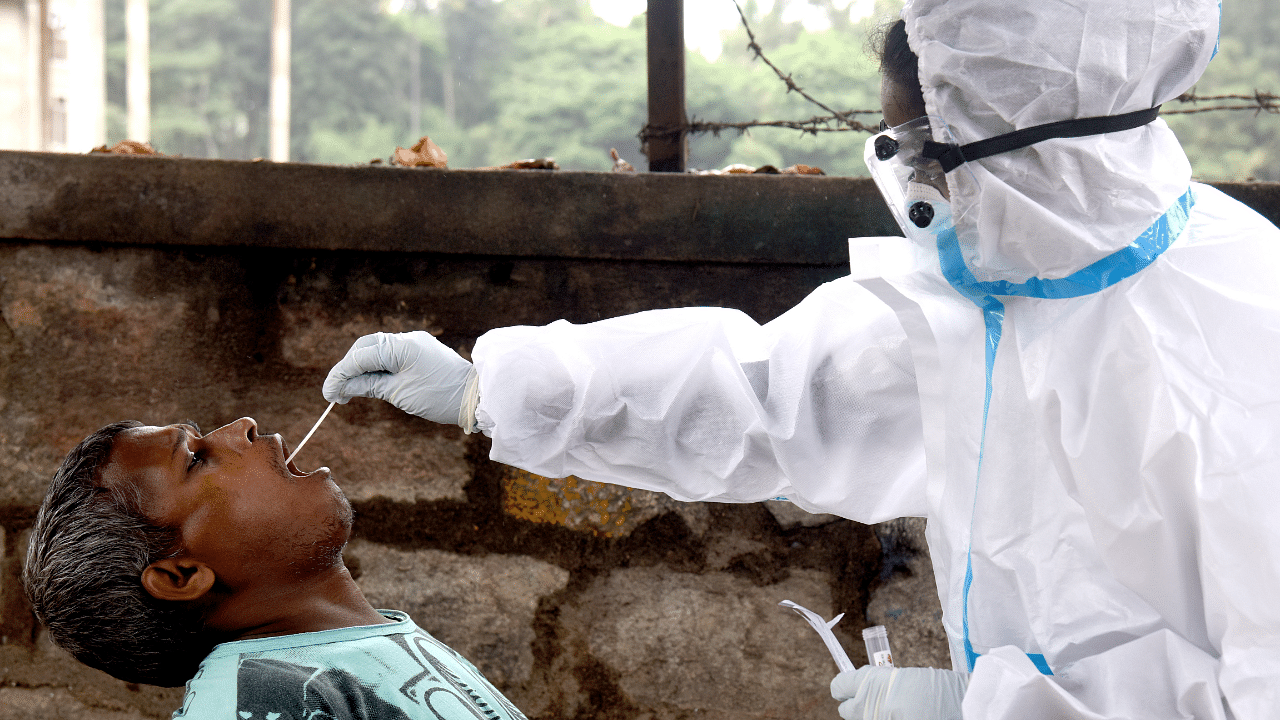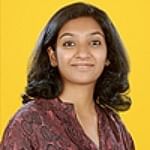
At least six international studies have reported T cell reactivity against SARS-CoV-2 in 20% to 50% of people with no known exposure to the virus. Experts suggest doing three tests simultaneously: RTPCR, antibody test, and a T-cell assay, which will give a picture to policymakers if the State or the country has achieved herd immunity against SARS-CoV-2.
A type of white blood cell, T cells are part of the immune system and develop from stem cells in the bone marrow. They help protect the body from infection. Also called T lymphocyte and thymocyte.
T-cell mediated immunity can be acquired due to previous exposure to other beta coronaviruses which cause the common cold. Knowing a threshold for herd immunity can allow the government to focus on that section of the population who do not have immunity. But they also caution that very few basic science labs in the country like NIMHANS, IISc, or the National Centre for Biological Sciences can do T cell assays in their labs as it is cumbersome and expensive.
Assessing how much of the population has IgG (non-neutralising antibodies), the current active Covid case burden, and T-cell induced protection, simultaneously will give a clear picture of the health of the population, with respect to Covid-19.
"Currently, we do not know when the pandemic will end. If we know how much of the population is immune, it is easier to decide how much of our resources should be allocated to fight Covid, the economy, etc. If done at the state or the sub-state level, we can understand which region needs more resources," said Dr Giridhar Babu, epidemiologist, and member of the State Covid-19 technical advisory committee (TAC).
In the serosurvey undertaken in Karnataka whose results are yet to be announced, with samples from all the eight zones of Bengaluru included, unlike the serosurveys of Delhi, Mumbai, Pune, and Punjab, Karnataka are supposed to have done all three: RTPCR, antibody, and antigen tests simultaneously in the statewide survey.
Dr V Ravi, Senior Professor and Head, Neurovirology, NIMHANS, and member of State Covid-19 TAC, told DH, "T cell response assay is very cumbersome and complicated to do. Peripheral blood has to be drawn, lymphocytes separated, culture them, stimulate them with antigens, and then take a readout. It is expensive and resource-intensive. Basic science institutes like IISc, NCBS, National Institute of Immunology, ISER, some of them may have the capacity for doing it, but not the medical college laboratories."
